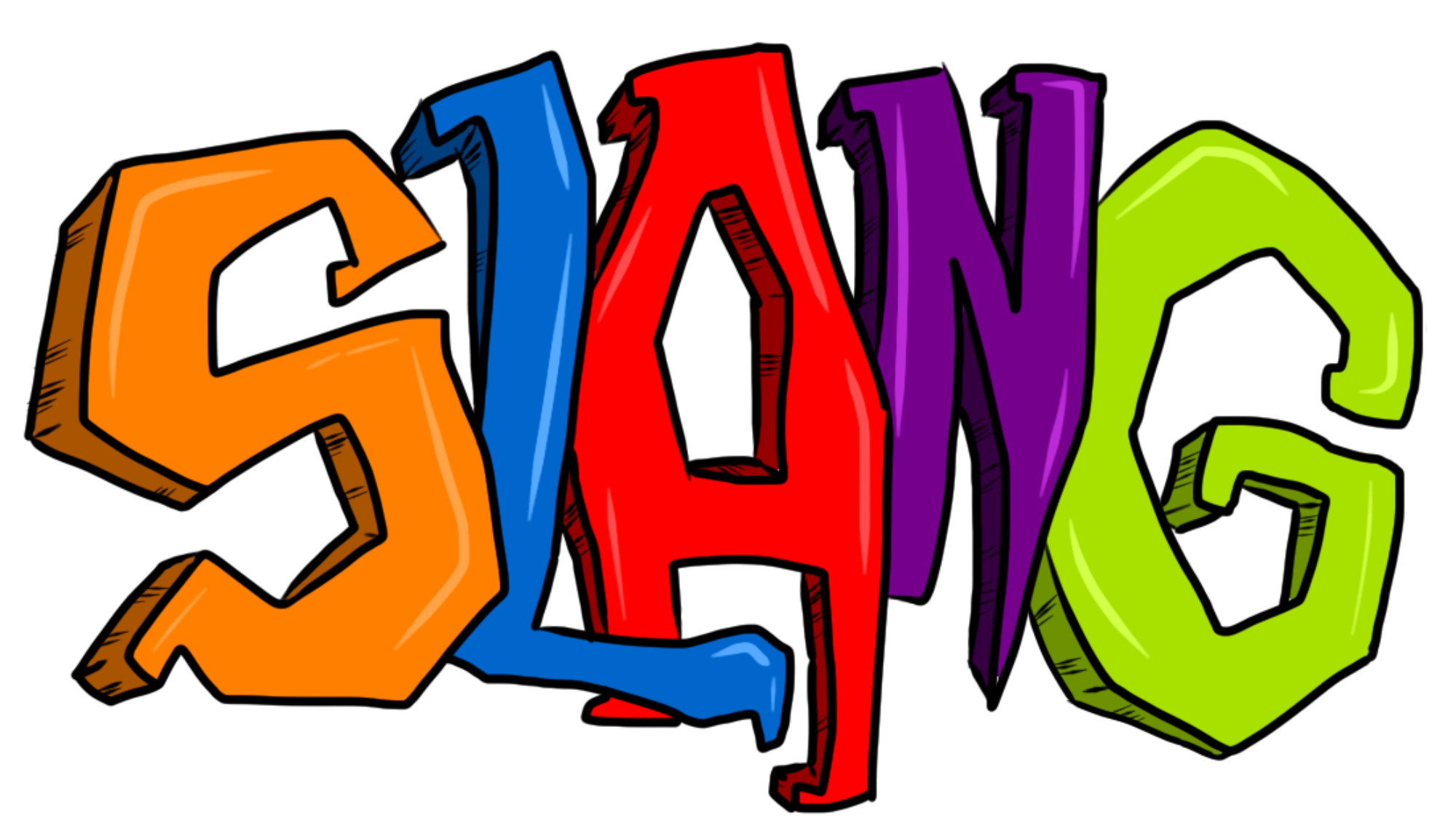Rather than focus too intently on a precise definition of slang or on whether a given entry is slang, jargon or colloquial English, we take full advantage of the wide net cast by Partridge when he chose to record ’slang and unconventional English’ instead of just slang, which is, after all, without any settled test of purity. We have considered for inclusion all unconventional English that has been used with the purpose or effect of either lowering the formality of communication and reducing solemnity and/or identifying status or group and putting oneself in tune with one’s company. A term recorded here might be slang, slangy jargon, a colloquialism, an acronym, an initialism, a vulgarism or a catchphrase. In all instances, an entry imparts a message beyond the text and literal meaning.
If there was a question as to whether a potential entry fell within the target register, we erred on the side of inclusion. We generally chose to include poorly attested words, presenting the entry and our evidence of usage to the reader who is free to determine if a candidate passes probation (s. ix).
No term is excluded on the grounds that it might be considered offensive as a racial, ethnic, religious, sexual or any kind of slur. This dictionary contains many entries and citations that will, and should, offend. To exclude a term or citation because it is offensive is to deny the fact that it is used: we are not prescriptivists and this is simply not our job. At the same time, we try to avoid definitions or editorial comment that might offend. (s. x).
Tom Dalzell og Terry Victor: The Concise New Partridge Dictionary of Slang and Unconventional English. Routledge, 2008.
